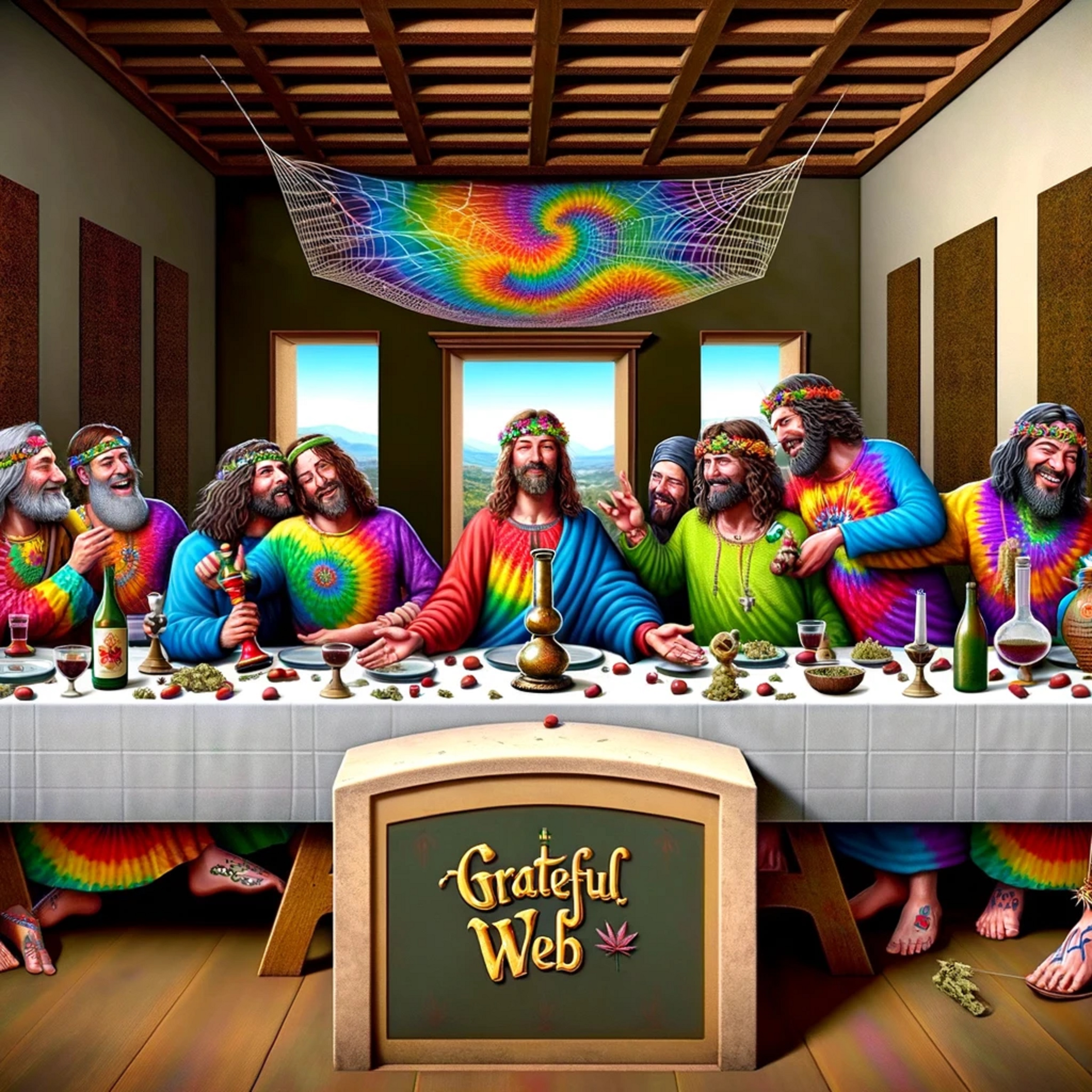In the rich diversity of human belief and understanding, the juxtaposition between faith and science has long been a topic of contemplation, debate, and, at times, conflict. It's an exploration of what we see, what we believe, and what we can prove. At the heart of this discourse is the question of why, despite the vast and compelling evidence supporting evolutionary biology and the commonalities we share with the animal kingdom, many cling to religious beliefs and the concept of a divine being or beings.
Science has indeed provided us with a profound understanding of the natural world. The evidence for evolution is robust and multifaceted, ranging from the fossil record to genetic similarities among species. For example, humans share a significant percentage of their DNA with Neanderthals, our ancient cousins, and even more so with chimpanzees, highlighting our place within the animal kingdom and our evolutionary journey.
This understanding does not merely hint at our connections with the natural world; it maps them out in exquisite detail, tracing the lineage of life on Earth through time. It's a narrative supported by countless studies, research projects, and scientific discoveries that paint a picture of life's complexity and interconnectivity.
On the other hand, religious beliefs and the concept of a deity or deities have not been subjected to the same empirical validation that science demands. This discrepancy has led some to question the continued adherence to religious beliefs in the age of scientific enlightenment. The argument posits that if humanity were to move beyond these beliefs and focus on scientific understanding, we could address global challenges more effectively, such as climate change, environmental degradation, and social divides.
Religion, with its rich narratives and moral teachings, has undoubtedly played a crucial role in shaping human culture, society, and personal identity. It has offered comfort, community, and a sense of purpose to countless individuals throughout history. However, the critique often arises that these benefits come with a cost, including division, conflict, and a reluctance to embrace scientific truths.
The focus on a singular religious narrative, as some argue, limits our understanding of the vast and diverse world - and universe - around us. For instance, if the knowledge and stories contained within one religious text focus on a small geographical area and a specific group of people, how does it encompass the breadth of human experience or the enormity of the cosmos?
The call for a shift towards science and away from religious belief is not just about choosing facts over faith; it's about envisioning a world where humanity is united by a shared commitment to understanding, preserving, and enhancing the natural world and our place within it. It's a vision of leveraging scientific knowledge to address pressing global issues, mend divisions, and foster a collective identity rooted in curiosity, empathy, and cooperation.
In the end, the journey of humanity is one of discovery—about the world, about ourselves, and about the vast unknowns that still lie beyond our reach. Whether through the lens of science or the perspective of faith, it's a journey that continues to evolve, reflecting our endless quest for understanding and meaning in this vast, complex universe.






















